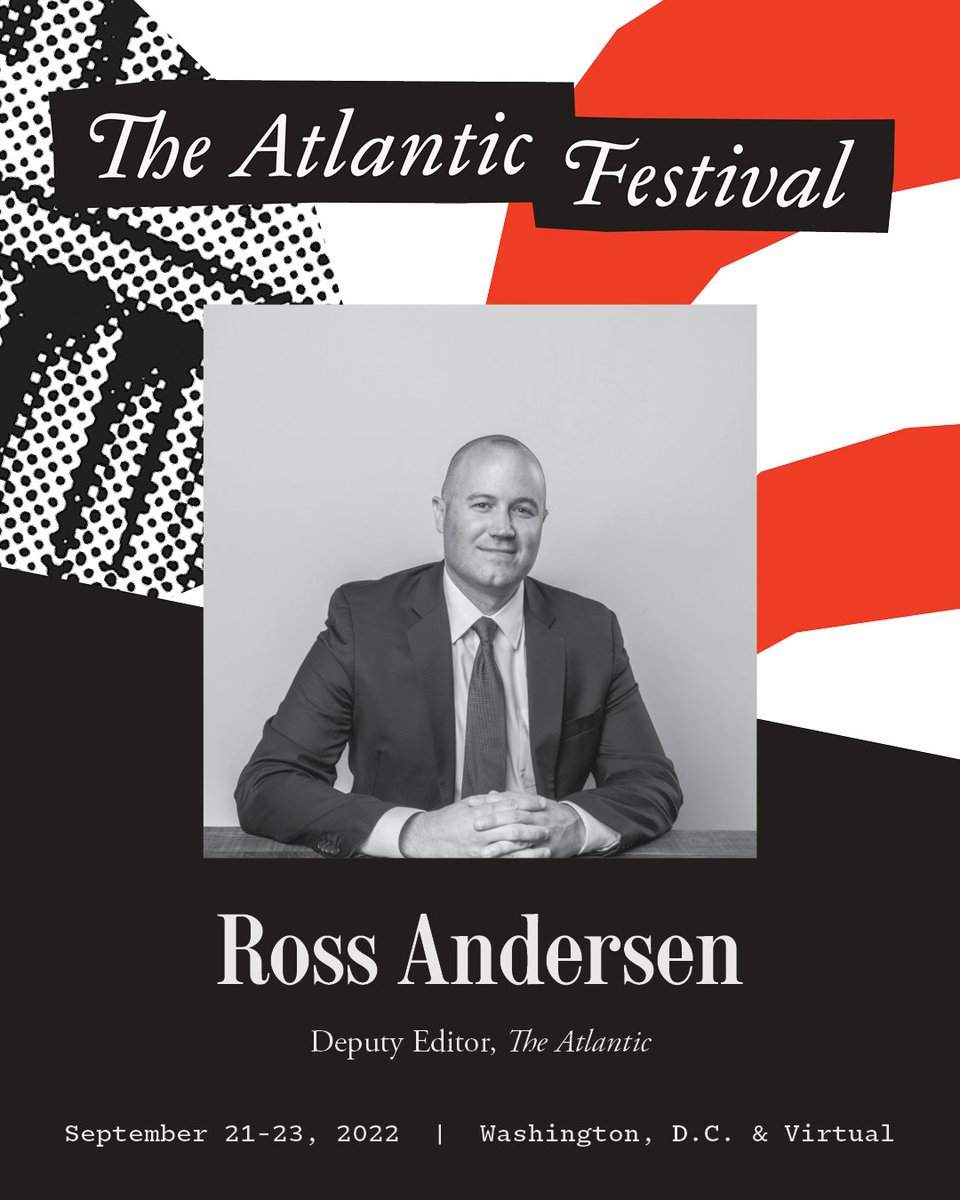
1/ Based on the original project from @theatlantic comes Shadowland, a 6-part series revealing how conspiracy theories can disrupt family, friends, and a nation. Premiering at #TAF22.
Go behind-the-scenes with stories from staffers featured in the series ⬇️
Go behind-the-scenes with stories from staffers featured in the series ⬇️
2/ Rumors of child sex trafficking shot across the internet during the months when pandemic shutdown measures were first implemented. But the truth is complicated, @kait_tiffany writes: theatlantic.com/magazine/archi…
3/ “QAnon is emblematic of modern America’s susceptibility to conspiracy theories, and its enthusiasm for them. But it is also already much more than a loose collection of conspiracy-minded chat-room inhabitants,” @adrienneLaF reports: theatlantic.com/magazine/archi… 

4/ @elcush explains why, as a teen, she found herself particularly susceptible to the principles of conspiracy thinking: “Conspiracism was my party trick, my real-life troll, as seductive as it was wrong and in fact even more seductive for its wrongness.” theatlantic.com/ideas/archive/…
5/ Conspiracism has infiltrated America’s school boards, @AdamHSays reports. Today, it’s radicalizing already heated debates over book bans, mask and vaccine requirements, and how and whether the history of racism is taught. theatlantic.com/politics/archi…
6/ Shadowland premieres at #TAF22 on September 21. Catch it streaming only on @PeacockTV: peacocktv.com/watch-online/t…
• • •
Missing some Tweet in this thread? You can try to
force a refresh













